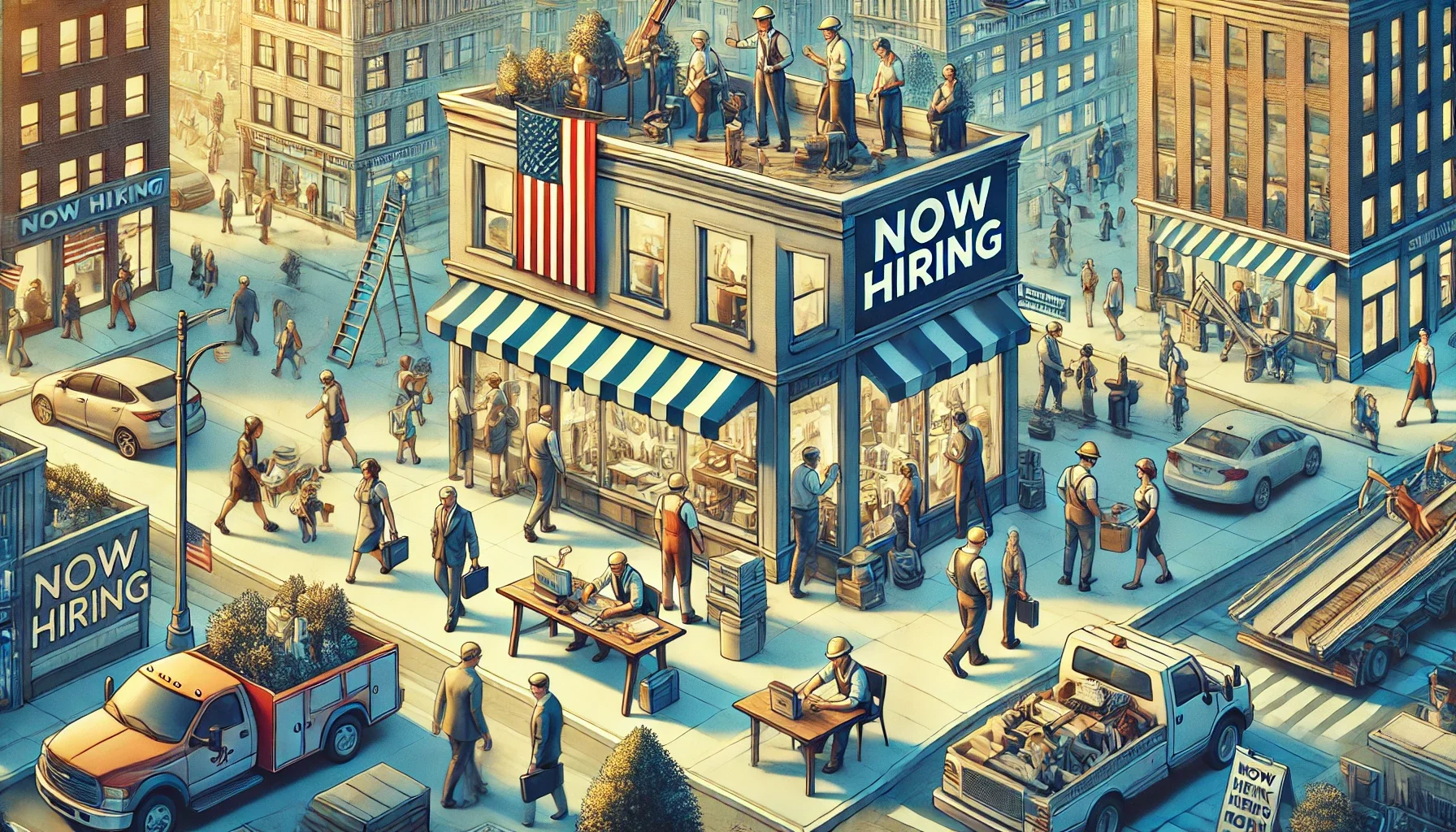
Saving Free Markets in America
American markets are under siege by interventionists on both the left and the right.
America is now in a moment of choosing. Our markets are under siege from interventionist proposals on both the left and right, coupled with impending fiscal, entitlement, and regulatory crises bequeathed by a legacy of such policies. They also face threats from identity politics as manifested in environmental, social, and governance (ESG) investing and the push for diversity, equity, and inclusion (DEI). Despite recent setbacks, these movements have set down deep roots in corporate America, academia, and government. Failure to confront these challenges on the level of political economy will turn America into a different kind of nation. The country will still exist, of course, but absent a dynamic capitalist economy, the republic of freedom and opportunity it has represented for two and a half centuries will be lost.
The problems plaguing free markets today come in different forms. There are the conventional afflictions of an overweening state, which include government overspending, excessive and arbitrary state interventionism, and out-of-control deficits and public debt. These issues curb American ambition and independence, imprisoning us in our failure to control our government as it spends money far beyond its revenues.
Other afflictions facing American markets are of a moral and cultural character; they weaken the entrepreneurial spirit upon which market capitalism relies. Entitlement spending, for example, has ballooned over the past four decades, particularly in the means-tested category. This raises the question: Have we effectively decided that the fundamental norm of standing on one's own two feet no longer applies to entire segments of the American citizenry? If so, then America will continue its slide into becoming just another European-style social democracy opting for managed decline.
Economic Dynamism

Partisan Trust in the Federal Reserve
This paper examines partisanship in public perceptions of the Federal Reserve.

The American Dream Is Not a Coin Flip, and Wages Have Not Stagnated
This paper challenges the prevailing narrative that stagnant wages are causing the American dream to fade. It contrasts subjective public opinion with revised objective intergenerational mobility measures.
.webp)
A Bad Business on the Bayou
Chevron finds itself the victim of a political alliance between the tort bar and Louisiana Republicans.
.webp)
Congress Must Shield US Companies from European Regulations
Congress should exercise its constitutional powers over foreign commerce to guard American companies against overregulation by the European Union.
.webp)
Did 'China Shock' Throw Millions of Americans Out of Work?
The decline in manufacturing employment began long before the China Shock, NAFTA, President Trump's decrying of the trade deficit in the 1980s, and the trade deficit itself opening up in the 1970s.

Assessing Trump's "Skinny" Budget
Trump's budget seeks some $163 billion in cuts, but it spares entirely the welfare programs on which his base depends—Medicaid, Medicare, and Social Security— all of which need desperate reform.




_(7184104335).webp)
.webp)





.webp)



